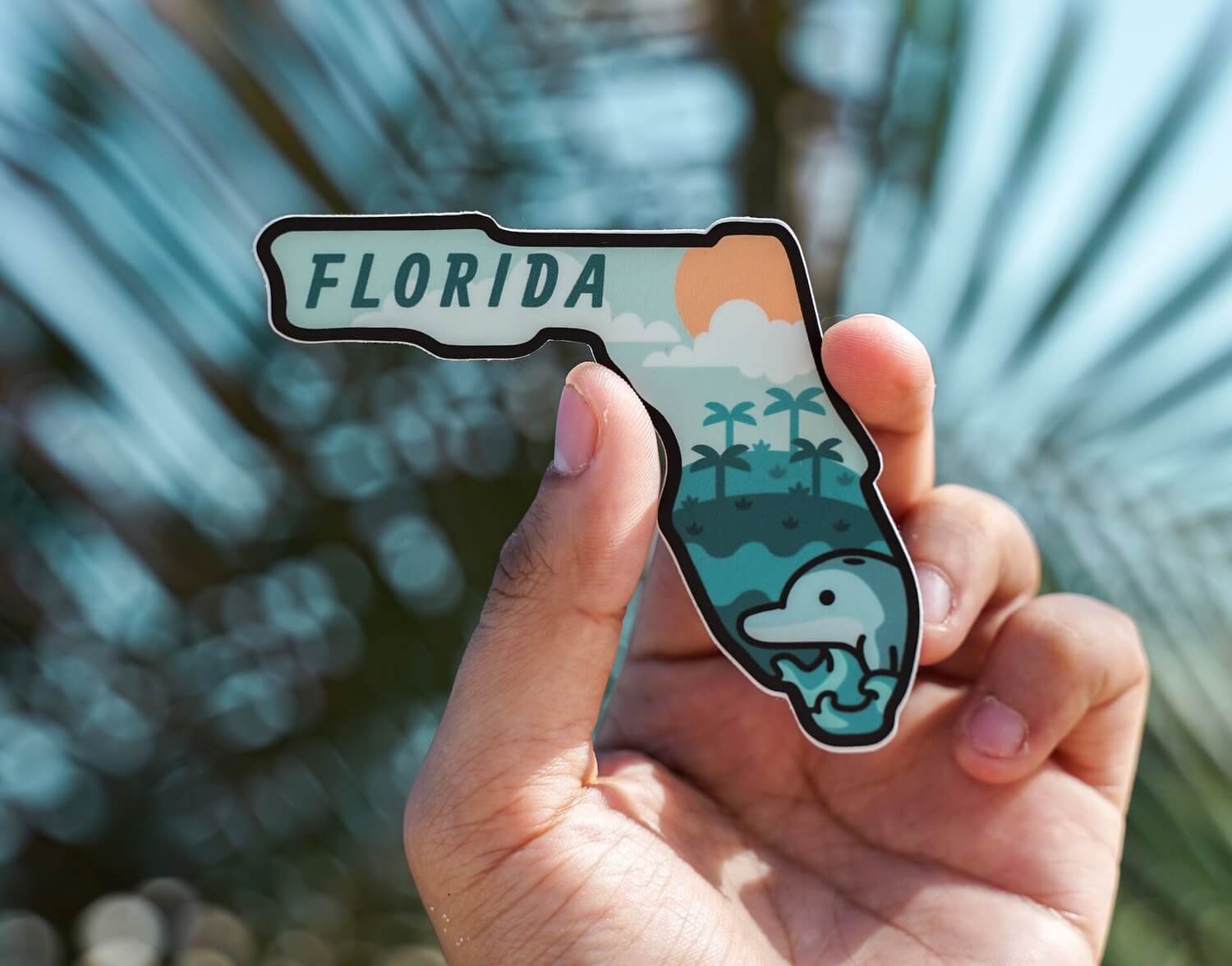What Are ACEs (Adverse Childhood Experiences)?
The things that happen to us in our childhood do define us in our adulthood. Unfortunately, some children will experience ACES (adverse childhood experiences). The more of these they experience, the more difficult it could be for them to get past these things. Sometimes, people who struggle with ACES will even turn to alcohol and drug use as a means of coping.
Here at Sylvia Brafman, we want to take the time to talk about adverse childhood experiences. We believe the educating the public on ACES can help people to get the treatment needed to overcome these childhood experiences.
Defining ACES (Adverse Childhood Experiences)
ACES (adverse childhood experiences) are experiences that were traumatic which happened before the child turned 18 years old. These experiences can have severe, lasting negative impacts on the person throughout their adulthood. It can affect their general well-being, mental health and physical health.
There are numerous types of childhood trauma that could be classified as ACES such as:
- Abandonment
- Neglect
- Emotional and/or physical abuse
- Losing a loved one to suicide
- Living in an alcoholic or drug-addicted household
- Having a parent with a moderate to severe mental health illness
- Having a parent who went to jail
- Living in a family with divorced parents (especially if the divorce was tough)
Did you know that approximately 65% of people state they have had at least one adverse childhood experience? About 20% of these people stated they had 3 or more ACEs. Some studies even show an increased risk of cancer and heart disease in adulthood for those who dealt with adverse childhood experiences.
Adverse Childhood Experiences Risk Factors
There are many risk factors that increase the chances someone will have one or more adverse childhood experiences. Some of these risk factors include:
- Family history
- Economic status
- Community-environment
- Low-income family
- Low-level education family
- High stress within the family unit
- Having a family who doesn’t open up about their feelings
- Spanking and/or corporal punishment as a child
- Living with parents who were neglected and/or abused themselves
- Living in a high-violence area
- Being raised in an area where drugs and alcohol abuse are rampant
- Being raised in a community where there are few to no resources to help children and teenagers overcome or prevent mental health disorders and addictions
If you or someone you know dealt with adverse childhood experiences due to any of these factors or for any other reason, we understand what you are going through. Whether these ACEs caused mental health symptoms or substance abuse for you, our Sylvia Brafman team is ready to help you overcome the adverse childhood experiences starting today.
Are ACEs Common
ACEs are more common than most people think. In fact, around 60% of all adults had a minimum of one ACE. About 15% of all adults experienced 4 or more separate ACEs.
Impacts of Adverse Childhood Experiences
Anyone who had ACEs might have a difficult time in their adulthood. Some of the difficulties that might arise due to adverse childhood experiences include:
- Worsened nervous, cardiovascular, and immune system
- Metabolism changes
- Trouble keeping a job
- Difficulty holding onto close relationships
- Depression
- Financial issues
- Higher risk of becoming violent
- Have a higher risk of unwanted, early pregnancies
- Higher risk of going to jail
- More likely to be unemployed for longer than those without ACEs
- More likely to cause ACEs on their own children
- Higher risk of substance abuse and mental health disorders
- More likely to commit or think about suicide
If you are dealing with the negative effects of ACEs, don’t keep going along with this fight all by yourself. You don’t have to keep struggling and falling deeper into the rabbit hole of addiction and/or mental health issues. Here at Sylvia Brafman, our team can help you overcome adverse childhood experiences. We can also help you to prevent causing ACEs on your own children.
Prevention Tips for ACEs
Even if you grew up with adverse childhood experiences, that doesn’t mean your children are bound to have these experiences, as well. In fact, you can work with physicians, other parents, other medical professionals and community members to help give your children the best life possible. Some of the ways that all these people can help to prevent adverse childhood experiences include:
- Providing funding for childhood mental health programs and/or housing for families
- Develop more family-friendly workplaces
- Promote anti-drug, anti-violence educational programs and campaigns
- Teach and learn positive parenting skills
- Help children to start learning early on through preschool, early head start, Kindergarten, and other educational programs
- Prioritizing services for the youth such as mentor programs, substance abuse prevention programs, health programs, and more
As a parent or professional, these are some of the many different ways that you can help to prevent ACEs from happening to the children in your life. If you are dealing with your own ACEs and need help coping with them, keep reading here today or call our team to get the help you need.
How to Cope with ACEs
Unfortunately, having adverse childhood experiences is more common than you might think. If you experienced ACEs, you don’t have to feel so alone. There are others who are also experiencing the traumatic and other negative feelings from ACEs years later. Some of the difficulties you may be facing are depression, PTSD and anxiety.
The good news is there are numerous ways that you can cope with adverse childhood experiences. Some of these options include:
- Attending therapy
- Going to a mental health and/or addiction treatment program
- Seeing a doctor to manage the physical effects of ACEs
- Making positive lifestyle changes such as meditating and practicing yoga or breathing exercises
- Adding physical exercise and nutrition to your life
- Journaling
- Talking with a friend or family member
- Going to support groups
No matter what adverse childhood experiences you have gone through, we are here to help you overcome them. Even if these ACEs caused you to start abusing drugs and/or alcohol, our team is able to assist you in overcoming them. We don’t want anyone to struggle in life due to ACEs and our goal is to help all of you work through ACE-related issues.
Get Help Overcoming Adverse Childhood Experiences Today
Have you or a loved one gone through ACEs (adverse childhood experiences)? If so, no matter what the cause may be, no matter what effects it may have on your life, how you are feeling about it, how triggered you are by it – our Sylvia Brafman team is ready to help you overcome these experiences starting today.
It is possible to heal, recover and enjoy life after going through ACEs. Here at our treatment center and in other areas, there is the help you need. Contact us today, so you can start living the life you deserve, even after all you went through as a child.



